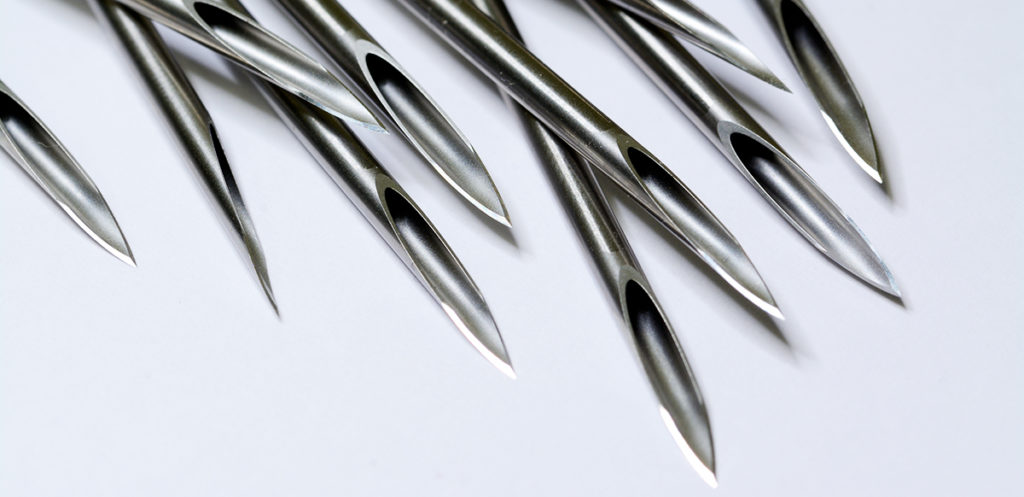
KIWAMI JAPANESE NEEDLE BLADES
Sharpness is likely the most important quality of a needle.
When engineering Kiwami Needles it was decided that they would have stronger walls as that allows for greater sharpness.
Penetration test is conducted in accordance with the procedure for DIN 13097 where the needle is penetrated into a 10 mm diameter polyurethane film (0.3 – 0.4 mm) at the speed of 100 mm/min to observe the resistance value.
When results have been directly compared to other brands of reputation in the piercing world it was confirmed that we have exceeded in being able to provide higher sharpness and less deviation in the results, thus affording you the same consistency in your work.



